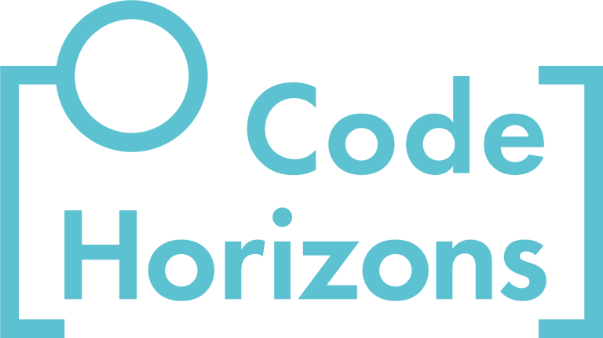New courses at Code Horizons
By Stephen Vaisey, Director of Code Horizons
Analyzing data is about a lot more than knowing statistics. Code Horizons is here to help you learn all the skills you need to know to take your research to the next level. This fall, we are offering some new courses (and a few favorites) that I am really excited about. Here’s a sneak peek:
- More and more researchers are working in teams. What is the best way for data scientists to fit into these teams? Who is responsible for interpreting empirical findings? What about rigor and reproducibility? Manisha Desai’s new course on Team Science Principles for Data Scientists tackles those questions and more.
- Data can come from anywhere and researchers are relying on web data more and more. How can you access web sources for your own work? Monica Alexander’s Extracting and Analyzing Web and Social Media Data will train you to use APIs and webscraping to harness the power of web data from Facebook to Spotify and beyond.
- Whether you’re switching from other software or just starting on your data science journey, our super-popular Introduction to R for Data Analysis has you covered. Code along with Andrew Miles for 3 days and you’ll find yourself proficient in no time.
- Collaboration, transparency, and reproducibility are hallmarks of good science. Aaron Gullickson’s GitHub for Data Analysis will show you how easy it is (really!) to use Git to organize and share your projects. It will also improve collaboration with your most important partner — your future self!
- Kieran Healy is back with Data Wrangling with R, a fantastic introduction to the power of the tidyverse. This one’s personal for me; as a native Stata user, I thought R would never be intuitive for data management. But Kieran proved me wrong. The tidyverse provides a clear and consistent way to do everything from generating new variables to making those beautiful graphs.
- Marcus Mann’s new course, Analyzing Text Data Using Sentiment Analysis, will give you a hands-on introduction to coding unstructured text data using dictionary-based methods. These techniques have become staples in nearly every field and can be combined with familiar methods (like regression) to uncover new insights.
- Finally, I am thrilled to announce that Vincent Arel-Bundock, the author of marginaleffects and modelsummary, will be teaching a new course on Interpreting and Communicating Statistical Results with R. We’ve all been there: you have a great model but are struggling to explain the results. Vincent’s course will help you get the numbers you need and display them in compelling ways.
As you can see, we have a lot going on at Code Horizons this fall. We hope you will be able to join us!


Leave a Reply
Want to join the discussion?Feel free to contribute!